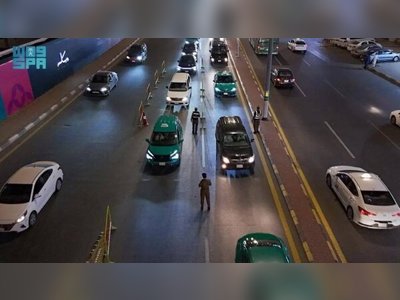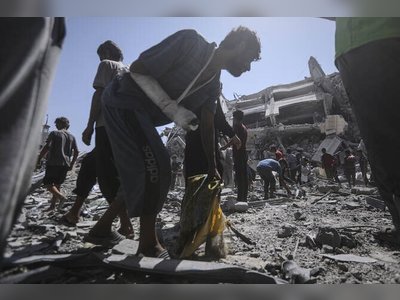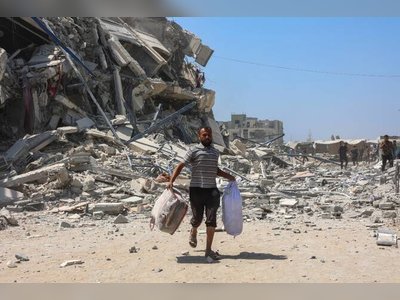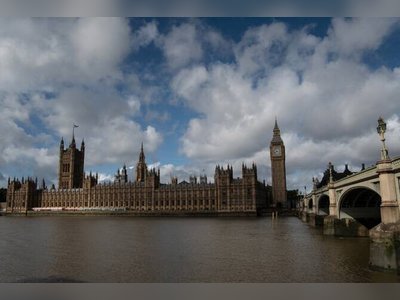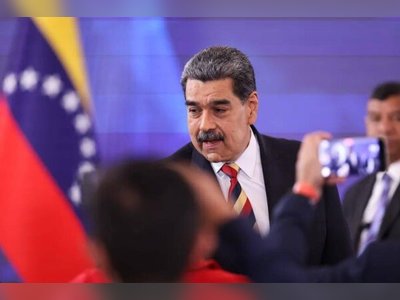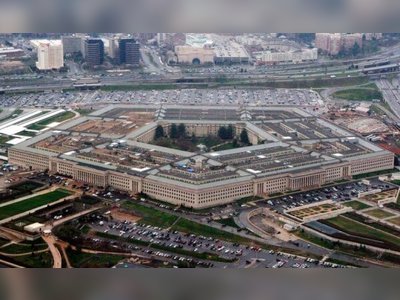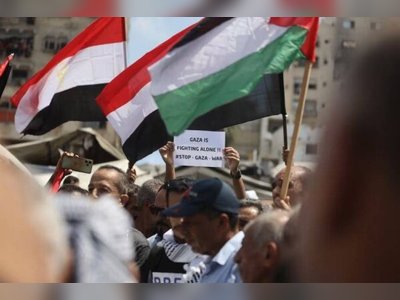
US Considers Restricting Iranian Delegation's Shopping Activities During UN Meeting
The Trump administration is contemplating restrictions on delegations from Iran, Sudan, Zimbabwe, and Brazil, limiting their movements and activities during the upcoming UN General Assembly.
The Trump administration has denied visas for Palestinian leader Mahmoud Abbas and his delegation to attend the UN meeting this month.
In a further tightening of visa restrictions, it is now considering imposing additional limitations on delegations from Iran, Sudan, Zimbabwe, and Brazil.
This move represents another step in the current administration's efforts to curtail visa issuances, with a comprehensive review underway for those already holding legal permission to enter the US.
Among the potential restrictions being explored is a proposal to bar Iranian diplomats from shopping at major wholesale stores such as Costco or Sam's Club, requiring explicit permission from the State Department.
These establishments have been popular among Iranian diplomats in New York due to their ability to purchase large quantities of goods not readily available in Iran at relatively affordable prices.
The plans for Iran remain uncertain regarding implementation and specific dates.
The memo indicates that the State Department is also considering drafting rules that would allow it to impose terms and conditions on wholesale club memberships held by all foreign diplomats in the US.
Details concerning potential restrictions on delegations from Sudan and Zimbabwe have not been specified, although Brazil's delegation might face varying levels of restriction.
Brazil's President Luiz Inácio Lula da Silva has traditionally been the first world leader to speak at the UN General Assembly, with the US president speaking second by precedent.
This tradition could potentially be affected by any restrictions imposed on Brazilian representatives.
In contrast, Syria's delegation will face fewer limitations as its members have received a waiver exempting them from long-standing travel restrictions.
This change reflects the Trump administration’s efforts to strengthen diplomatic ties following last year's ousting of President Bashar Assad and to reintegrate Syria into the Middle East.
Neither the State Department nor the Iranian and Brazilian UN missions immediately provided comment on these developments.
In a further tightening of visa restrictions, it is now considering imposing additional limitations on delegations from Iran, Sudan, Zimbabwe, and Brazil.
This move represents another step in the current administration's efforts to curtail visa issuances, with a comprehensive review underway for those already holding legal permission to enter the US.
Among the potential restrictions being explored is a proposal to bar Iranian diplomats from shopping at major wholesale stores such as Costco or Sam's Club, requiring explicit permission from the State Department.
These establishments have been popular among Iranian diplomats in New York due to their ability to purchase large quantities of goods not readily available in Iran at relatively affordable prices.
The plans for Iran remain uncertain regarding implementation and specific dates.
The memo indicates that the State Department is also considering drafting rules that would allow it to impose terms and conditions on wholesale club memberships held by all foreign diplomats in the US.
Details concerning potential restrictions on delegations from Sudan and Zimbabwe have not been specified, although Brazil's delegation might face varying levels of restriction.
Brazil's President Luiz Inácio Lula da Silva has traditionally been the first world leader to speak at the UN General Assembly, with the US president speaking second by precedent.
This tradition could potentially be affected by any restrictions imposed on Brazilian representatives.
In contrast, Syria's delegation will face fewer limitations as its members have received a waiver exempting them from long-standing travel restrictions.
This change reflects the Trump administration’s efforts to strengthen diplomatic ties following last year's ousting of President Bashar Assad and to reintegrate Syria into the Middle East.
Neither the State Department nor the Iranian and Brazilian UN missions immediately provided comment on these developments.

